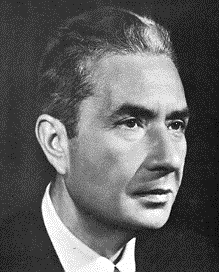
Aldo Romeo Luigi Moro was an Italian statesman and prominent member of Christian Democracy (DC) and its centre-left wing. He served as prime minister of Italy in five terms from December 1963 to June 1968 and from November 1974 to July 1976.

Corriere della Sera is an Italian daily newspaper published in Milan with an average circulation of 246,278 copies in May 2023. First published on 5 March 1876, Corriere della Sera is one of Italy's oldest newspapers and is Italy's most read newspaper. Its masthead has remained unchanged since its first edition in 1876. It reached a circulation of over 1 million under editor and co-owner Luigi Albertini between 1900 and 1925. He was a strong opponent of socialism, clericalism, and Giovanni Giolitti, who was willing to compromise with those forces during his time as prime minister of Italy. Albertini's opposition to the Italian fascist regime forced the other co-owners to oust him in 1925.
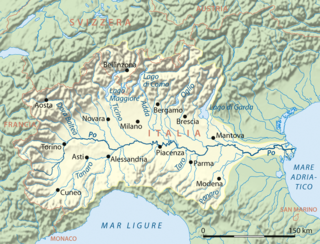
Padania is an alternative name and proposed independent state encompassing Northern Italy, derived from the name of the Po River, whose basin includes much of the region, centered on the Po Valley, the major plain of Northern Italy.

The Renmin University of China (RUC) is a public university in Haidian, Beijing, China. The university is affiliated with the Ministry of Education, and co-funded by the Ministry of Education and the Beijing Municipal People's Government. The university is part of Project 211, Project 985, and the Double First-Class Construction.

Amintore Fanfani was an Italian politician and statesman, who served as 32nd prime minister of Italy for five separate terms. He was one of the best-known Italian politicians after the Second World War and a historical figure of the left-wing faction of Christian Democracy. He is also considered one of the founders of the modern Italian centre-left.

The Ministry of Education of the People's Republic of China is a constituent department of the State Council, responsible for basic education, vocational education, higher education, and other educational affairs throughout the country. The Ministry of Education acts as the predominant funder of national universities and colleges in China. The ministry also accredits tertiary institutions, degree curriculum, and school teachers of the country.
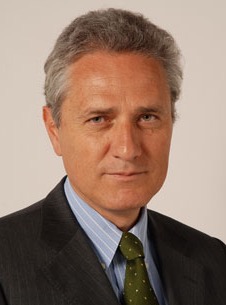
Francesco Rutelli is an Italian journalist and former politician, who is the president of ANICA National Association of Film and Audiovisual Industry, since October 2016 and re-elected for the 2020–2022 term, plus ANICA Servizi. He's the legal representative of MIA . He also chairs the "Centro per un Futuro Sostenibile". He was during 15 years co-president of the European Democratic Party, a centrist European political party. He has been Mayor of Rome 1994–2001, and president of the centrist party Democracy is Freedom – The Daisy 2002–2007. He was the Deputy Prime Minister and Minister of Culture and Tourism in the second cabinet of Prime Minister Romano Prodi 2006–2008. Currently he also chairs Incontro di Civiltà ; Videocittà, Moving Images Festival ; Priorità Cultura that gathers outstanding Italian personalities, engaged on Heritage conservation and promotion, contemporary arts, public-private partnership in the many fields of Culture.

la Repubblica is an Italian daily general-interest newspaper with an average circulation of 151,309 copies in May 2023. It was founded in 1976 in Rome by Gruppo Editoriale L'Espresso and led by Eugenio Scalfari, Carlo Caracciolo, and Arnoldo Mondadori Editore as a leftist newspaper, which proclaimed itself a "newspaper-party". During the early years of la Repubblica, its political views and readership ranged from the reformist left to the extraparliamentary left. Into the 21st century, it is identified with centre-left politics, and was known for its anti-Berlusconism, and Silvio Berlusconi's personal scorn for the paper.

Giulietto Chiesa was an Italian journalist, author, lecturer, and politician. He was Vice-President of the European Parliament Committee on International Trade and a member of two Extraordinary Committees inside the European Parliament: the Extraordinary Renditions Committee and the Climate Change Committee. He was the founder of the cultural association Megachip. Democracy in Communications. He was the Chief Editor of the web TV Pandora TV.
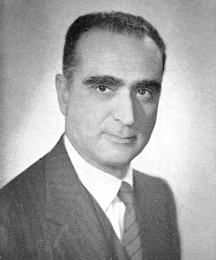
Luigi Barzini Jr. was an Italian journalist, writer and politician most famous for his 1964 book The Italians, delving deeply into the Italian national character and introducing many English and German speaking readers to Italian life and culture.
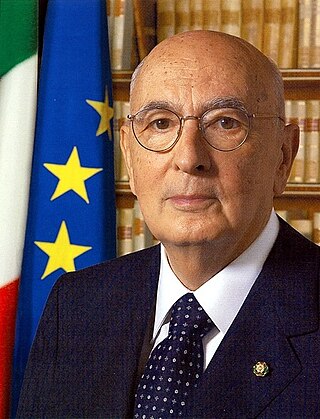
Giorgio Napolitano was an Italian politician who served as the 11th President of Italy from 2006 to 2015, the first to be re-elected to the office. In office for 8 years and 244 days, he was the longest-serving president, until the record was surpassed by Sergio Mattarella in 2023. He also was the longest-lived president in the history of the Italian Republic, which has been in existence since 1946. Although he was a prominent figure of the First Italian Republic, he did not take part in the Constituent Assembly of Italy that drafted the Italian constitution; he is considered one of the symbols of the Second Italian Republic, which came about after the Tangentopoli scandal of the 1990s. Due to his dominant position in Italian politics, some critics have sometimes referred to him as Re Giorgio.

Domenico Giani is an italian ex police officer security expert who was the Inspector General of the Corpo della Gendarmeria, the police and security force of Vatican City.
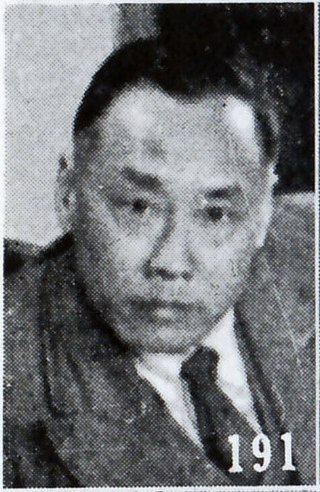
Carsun Chang, also known as Chang Chun-mai or Carson Chang, was a prominent Chinese philosopher, public intellectual and political figure. Carsun Chang was a social democratic politician.
Meng Xuenong is a Chinese politician. Meng worked as a factory worker in Beijing before getting involved in politics through the local Communist Youth League organization. He was the Vice Mayor of Beijing between 1993 and 2003, before being promoted to mayor for a brief interlude in 2003. He was sacked as mayor only after a few months on the job due to his government's mismanagement of the SARS epidemic.

Bilateral relations between China and Italy date back to Imperial China and Ancient Rome but the ties between Italy and modern China only formally began on 27 November 1928 and recognized the People's Republic on 6 November 1970. News of Italy's recognition of the People's Republic of China and consequent breaking of formal relations with the Republic of China (Taiwan) spurred other European countries such as Austria and Belgium to consider similar moves.

Massimo D'Alema is an Italian politician and journalist who was the 53rd prime minister of Italy from 1998 to 2000. He was Deputy Prime Minister of Italy and Italian Minister of Foreign Affairs from 2006 to 2008. D'Alema also served for a time as national secretary of the Democratic Party of the Left (PDS). Earlier in his career, D'Alema was a member of the Italian Communist Party (PCI) and was the first former Communist party member to become prime minister of a NATO country and the only former PCI prime minister of Italy. Due to his first name and for his dominant position in the left-wing coalitions during the Second Republic, he is referred to as Leader Maximo. He is also the author of several books.
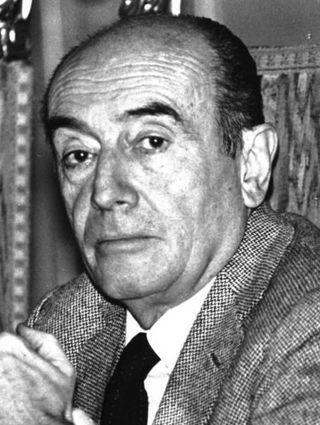
Renato Zangheri was an Italian politician, who was Mayor of Bologna from 1970 to 1983 and Member of the Chamber of Deputies from 1893 to 1992.

Roberto Repole is an Italian theologian of the Catholic Church who became archbishop of Turin and bishop of Susa in May 2022. A native of Turin and a priest of that archdiocese since 1992, he taught theology at the university level from 1996 to 2022 and headed the Italian Theological Association from 2011 to 2016.
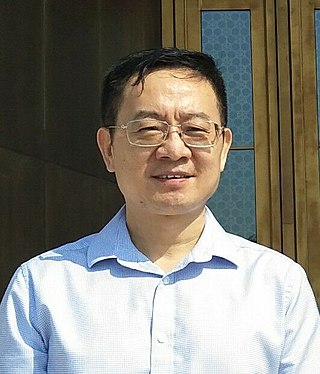
Gao Xiang is a Chinese historian and politician, currently serving as Chinese Communist Party Committee Secretary and president of the Chinese Academy of Social Sciences and president of the Chinese Academy of History.

















